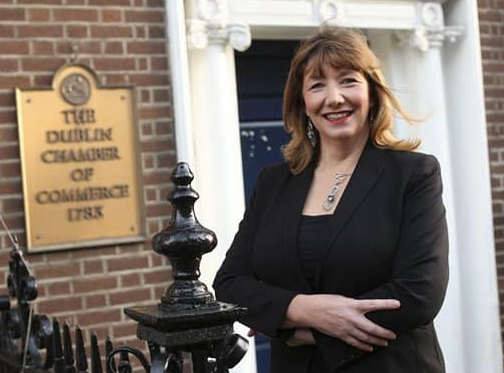New analysis from Santander UK reveals that when it comes to budgeting and spending patterns, over two fifths (43 per cent) of Brits say their parents have been their biggest influencer on their money behaviour while one in 10 (11 per cent) attribute this to their partner.
Interestingly, 40 million people (78 per cent) believe that being good with money is a learned behaviour that anyone can pick up with practice. The study, which investigates the savings habits of the nation, also reveals that over a quarter of Brits (28 per cent) say they overspend on a weekly basis, by a collective £788 million each week, the equivalent to £55 each.
The results of the study were brought to life through a social experiment where children were put in charge of the supermarket shop to see if some people are natural born spenders or if the ability to stay within a budget is something we learn from our parents.
With the help of Dr Sam Wass, Channel Four psychologist and research scientist at the University of East London, the bank’s video shows that children do mirror their parents’ spending habits, whether that’s sticking to a shopping list, staying within a budget or making impulse buys.
Dr Sam Wass said: “Our experiment reveals that children do take after their parents so if your parents are good with money then you’re more likely to be too. It also suggests that being good with money is a learned behaviour, and that’s great news as it means there’s always room for improvement!”
The survey also highlights that more than half (52 per cent) of respondents wish they could save more, on average an additional £388 each month. The most popular way to put money aside is in a savings account (53 per cent) followed by a Cash ISA (27 per cent). However, many Brits overlook investing as a way to manage their money with only one in 10 (12 per cent) saying they invest and utilise Stocks and Shares ISAs.
Half of Brits (53 per cent) say they wish they had received more money advice at a younger age rising to two thirds (66 per cent) for those aged 18 to 34, and decreasing to 42 per cent for those aged 55 and over. More than one in five UK adults (21 per cent) wish they had been taught more about budgeting, while 19 per cent wish they had received more advice about the different savings options available to them.
















